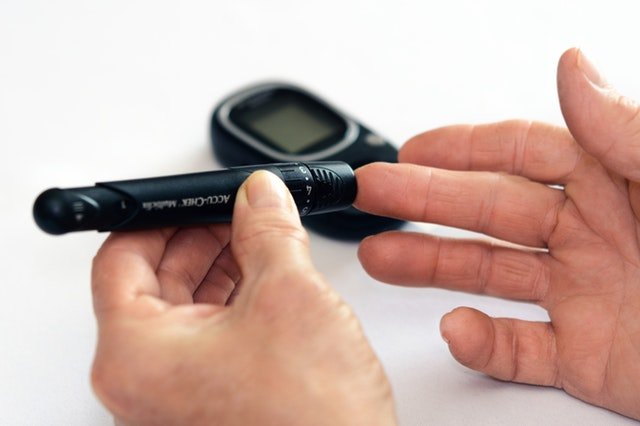
A recent MIT study has developed a drug capsule that could be used to deliver oral doses of insulin.
It may replace the injections that people with type 2 diabetes have to give themselves every day.
The study is published in Science. One author is Robert Langer, the David H. Koch Institute Professor.
Previously, the team had developed a pill coated with many tiny needles that could be used to inject drugs into the lining of the stomach or the small intestine.
For the new capsule, the researchers changed the design to have just one needle.
This allows them to avoid injecting drugs into the interior of the stomach, where they would be broken down by stomach acids before having any effect.
The tip of the needle is made of nearly 100 percent compressed, freeze-dried insulin, using the same process used to form tablets of medicine.
The shaft of the needle, which does not enter the stomach wall, is made from another biodegradable material.
Within the capsule, the needle is attached to a compressed spring that is held in place by a disk made of sugar.
When the capsule is swallowed, water in the stomach dissolves the sugar disk, releasing the spring and injecting the needle into the stomach wall.
In tests in animals, the team showed that they could deliver enough insulin to lower blood sugar to levels comparable to those produced by injections given through skin.
They also demonstrated that the device can be adapted to deliver other protein drugs.
The researchers hope that this new type of capsule could someday help diabetic patients and perhaps anyone who requires therapies that can now only be given by injection or infusion.
Copyright © 2020 Knowridge Science Report. All rights reserved.



